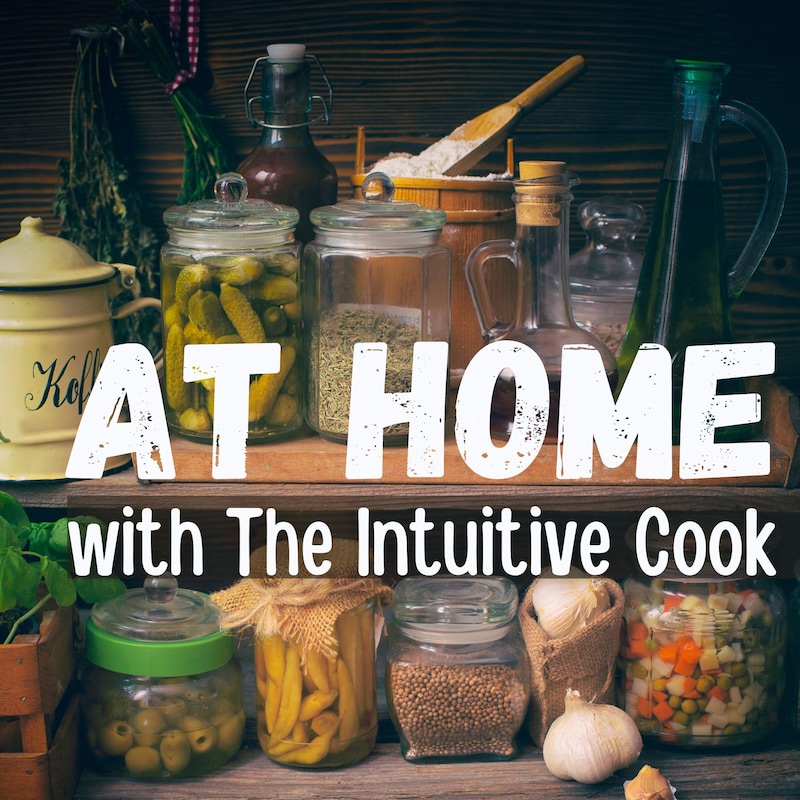A cosy, flavour-packed chat with The Moody Foody Toni Chapman - about bold home cooking, simple shortcuts, and trusting your taste in the kitchen.
Toni might be known online as The Moody Foody, but at heart she’s a home cook through and through. We talk about food that feels good - bold, flavourful cooking that’s still simple enough for an ordinary Tuesday night. Toni shares how her Caribbean-Hispanic roots shaped her love of spice, her early days cooking in a tiny basement kitchen, and the lessons that built her signature 'cosy cooking' style. She breaks down how to build flavour without fuss, why mistakes are part of the process, and how even canned peaches can turn into pure magic.
Tags: home cooking, intuitive cooking, comfort food, Caribbean flavours, easy recipes
⭐ SHOW NOTES
theintuitivecook.co.uk/podcast-ep20
⭐ CONNECT WITH TONI
new book: Everything's Good
instagram: @themoodyfoody
website: tonisrecipes.com
⭐ CONNECT WITH KATERINA
website theintuitivecook.co.uk
instagram @intuitive.cook
youtube @intuitivecook
contact hello@theintuitivecook.co.uk
~
Original music by Colin Bass
⭐ DITCH THE RECIPES
A FREE 5part mini course with my top tips to get started as an intuitive cook!
theintuitivecook.co.uk/free
⭐ YOUR WEEKLY DOSE OF KITCHEN CONFIDENCE
A newsletter that helps you unleash your cooking instincts.
theintuitivecook.co.uk/newsletter


